If a writer’s work can save a life, should we be finicky about the medium the finished product officially appears in? Quite a number of us must be wishing we could turn back time and dissuade someone from taking his or her own life, however devastating circumstances might have been. Planned for slightly more than half a decade since the year a colleague committed suicide, screenwriter Kim Eun-sook’s hit drama Goblin (available on Dramafever) tells the tale of a Korean mythical being known as dokkaebi, often loosely translated as “goblin,” who longs to end his 939 years of immortal existence only to change his mind when he develops feelings for the human bride sent by God to fulfill this wish. Viewership soared to record-breaking numbers for Korean cable television history as the couple and their offbeat friends confronted the implications of life, death, suffering and co-existence with the miraculous, alongside heartbreaking dilemmas of living for their love versus dying for others. Adding more pathos to the series is the common tragic sin the formidable-looking army of amnesiac grim reaper bureaucrats in their universe are revealed to be undergoing rehabilitation for.
Kim Eun-sook’s love for language is palpable not only in her lyrical sentences, including those used in scene descriptions found only on the script, and humorous wordplay, but also in Continue reading

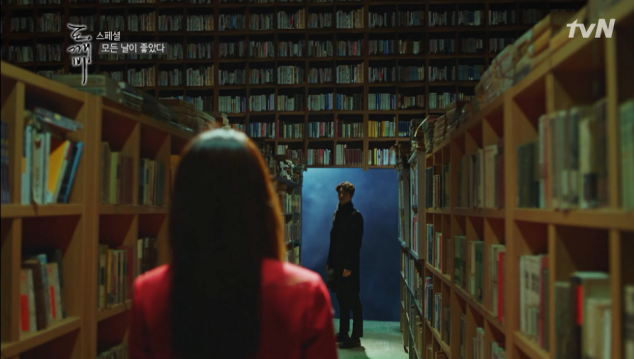
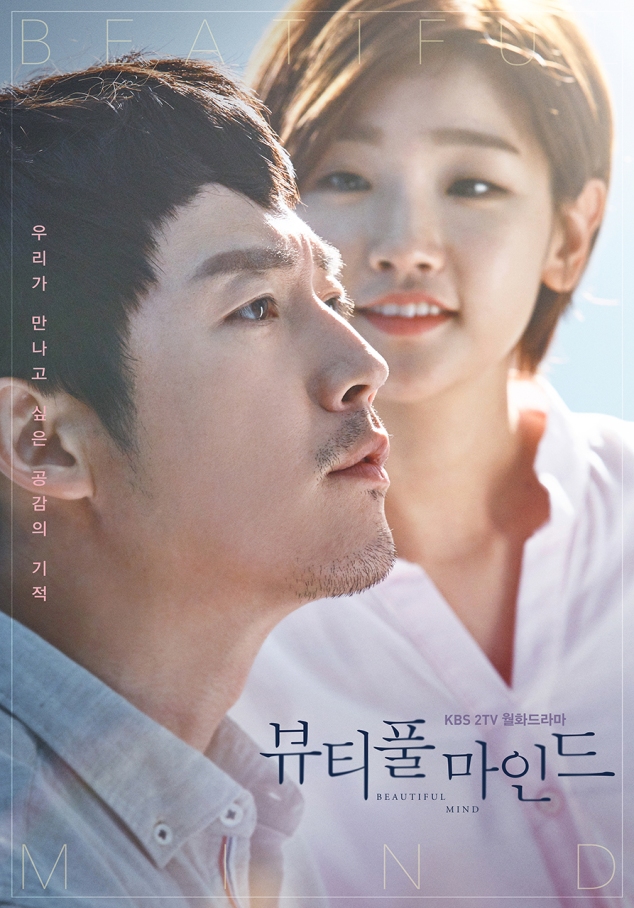

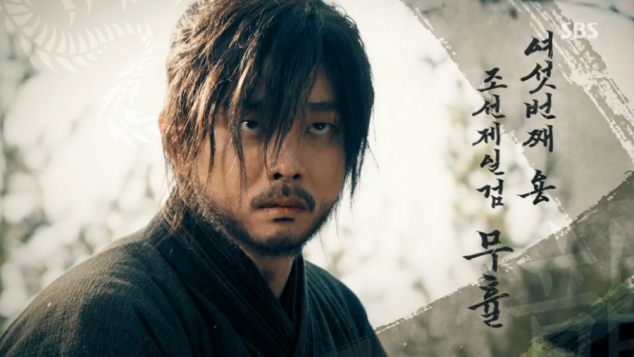
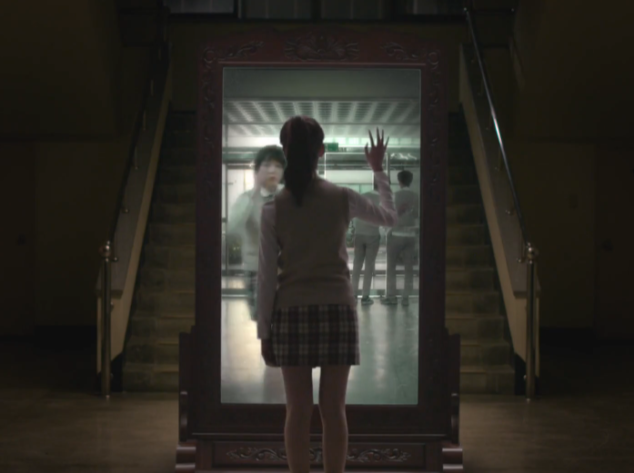
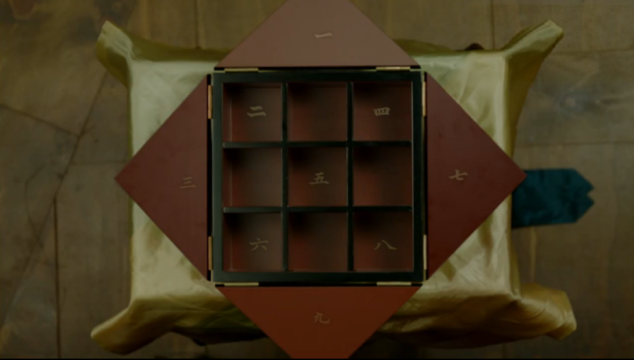
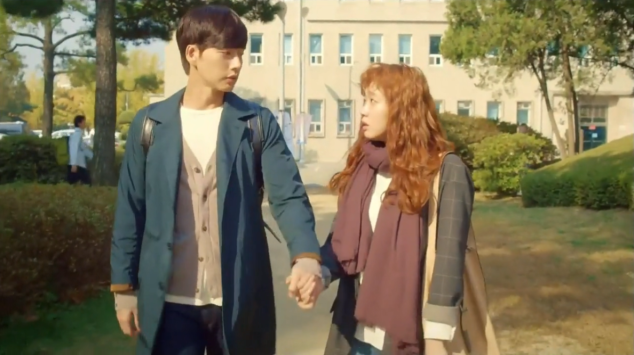



You must be logged in to post a comment.